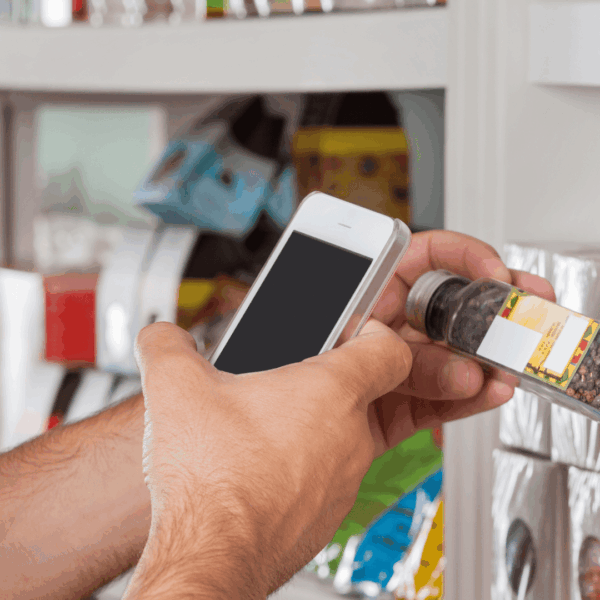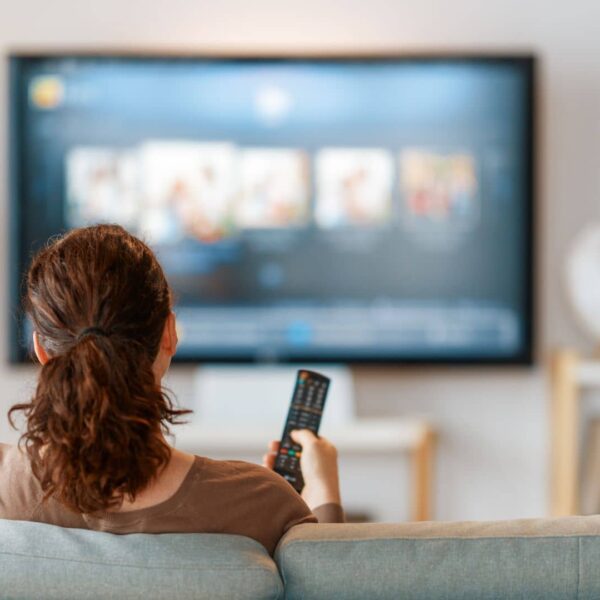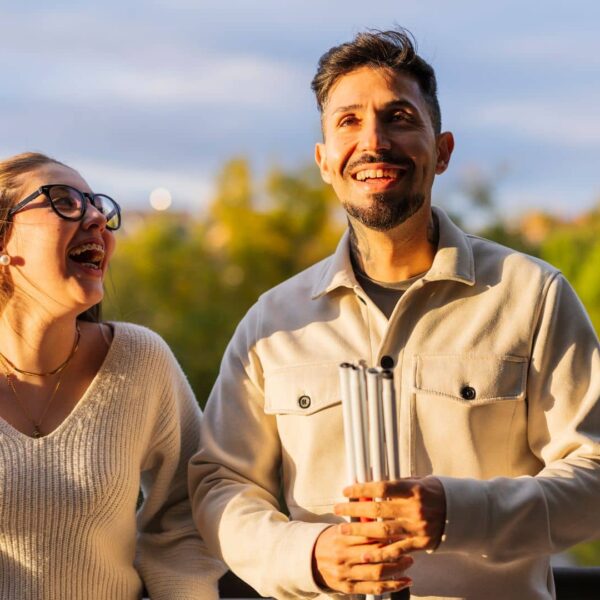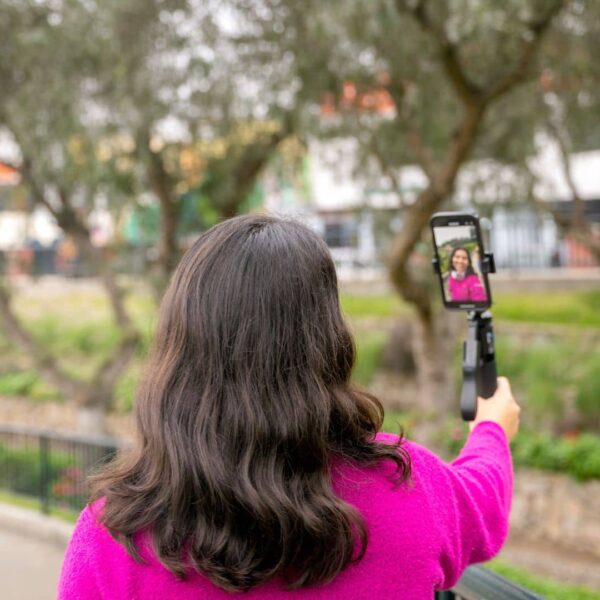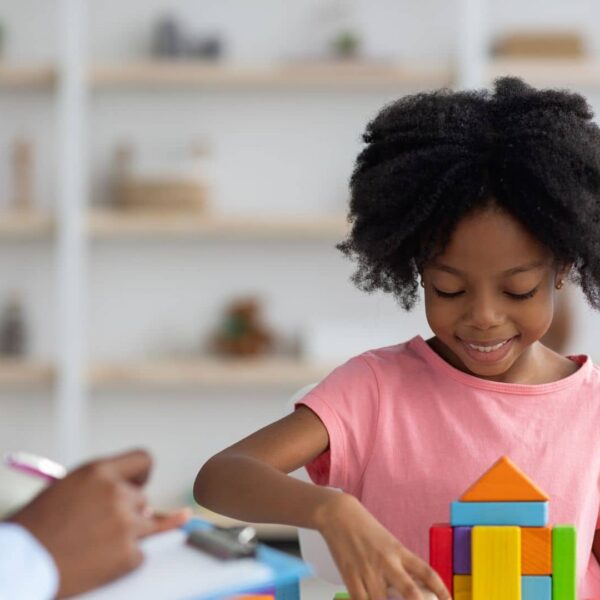Mixed Living, residents who live with and collaborate with highly vulnerable people
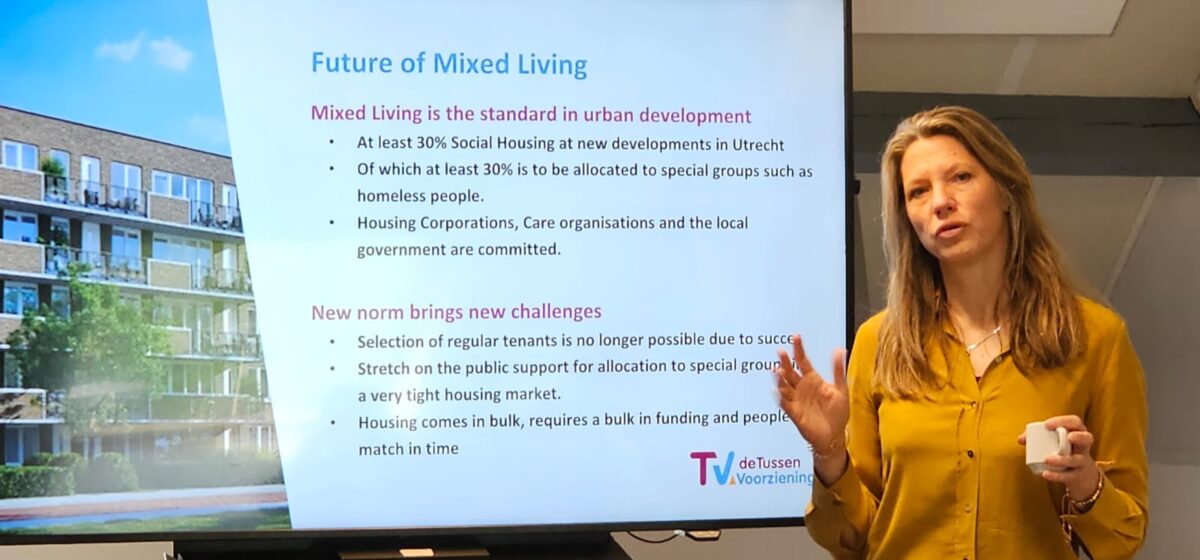
Mixed Living, residents who live with and collaborate with highly vulnerable people
Tussenvoorziening
Mixed social housing blocks of flats where homeless and economically vulnerable people live together, which is beneficial for both groups. It facilitates access to housing more quickly for many people while the community activities carried out in the buildings promote social reintegration and break down the social isolation and stigmatisation of homeless people.
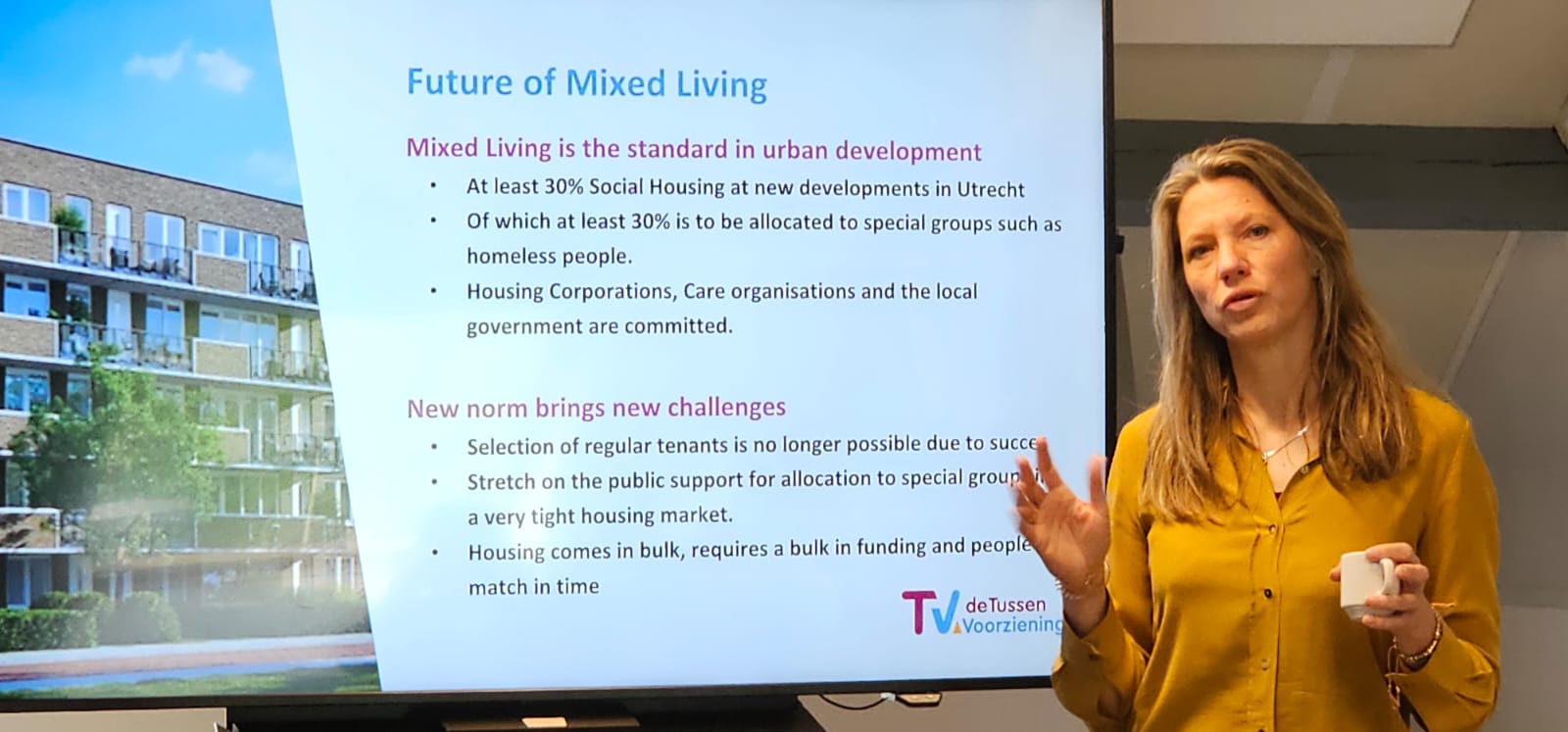
Mixed Living is a form of housing in which 70% of the people who live there are on low incomes and in need of social housing and the remaining 30% are people who are vulnerable, usually homeless people who are beneficiaries of the Housing First programme. Both parties must comply with the previously established conditions of commitment and rules, mainly regarding the care of the environment they share. Participating in this social accompaniment programme is advantageous for people in the first group, reducing their waiting time for access to social housing.
It is also clearly favourable for homeless people —and not only, because the programme is also aimed at people with a lack of social network or psychological problems— for whom the contact and cohabitation with other residents facilitates their social reintegration. In this sense, the shared housing enables proximity between the two groups with common meeting spaces that make it easier for them to have coffee, watch a football match or look after the courtyard. The project is supervised by professionals who visit the block of flats at least once a week and are responsible for assessing and managing the functioning of the cohabitation.
Characteristics of innovation
Localization
Utrecht, Netherlands
Partners / Funders
Tussenvoorziening
Genesis
Tussenvoorziening was born with the aim to act for people in the region of Utrecht in the Netherlands who are unable to do it themselves, especially to help people who are homeless or in financial difficulties. Concretely, the Mixed Living project was born and has been implemented in Utrecht since 2003. Since then, it has materialised in eight buildings in the region: Groene Stricht (2003), Parana (2014), Majella (2016), Place2BU (2018), Seyster Veste (2020), Mixito (2020), Livin (2020), Meander (2020).
Level of implementation
The data shows that the likelihood of a person becoming homeless again is much lower if they have lived in a mixed housing project and that, after a few years, they often manage to have a rental contract in their name, which is an indicator of the success of the project.
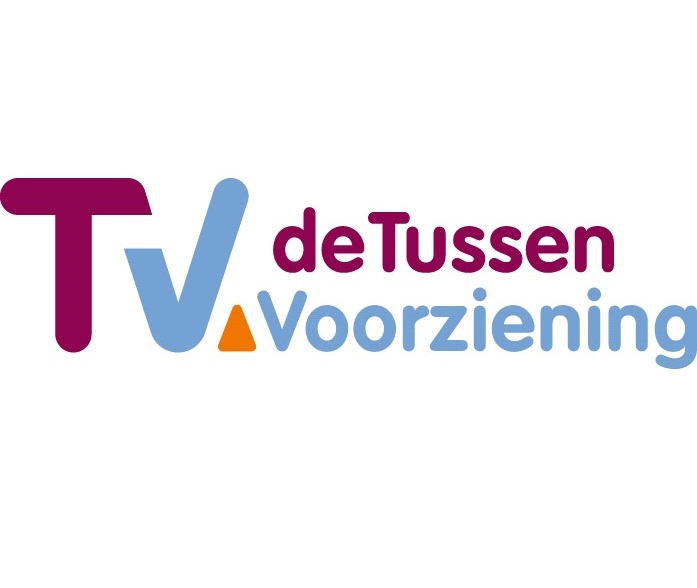
Banc d’innovacions


